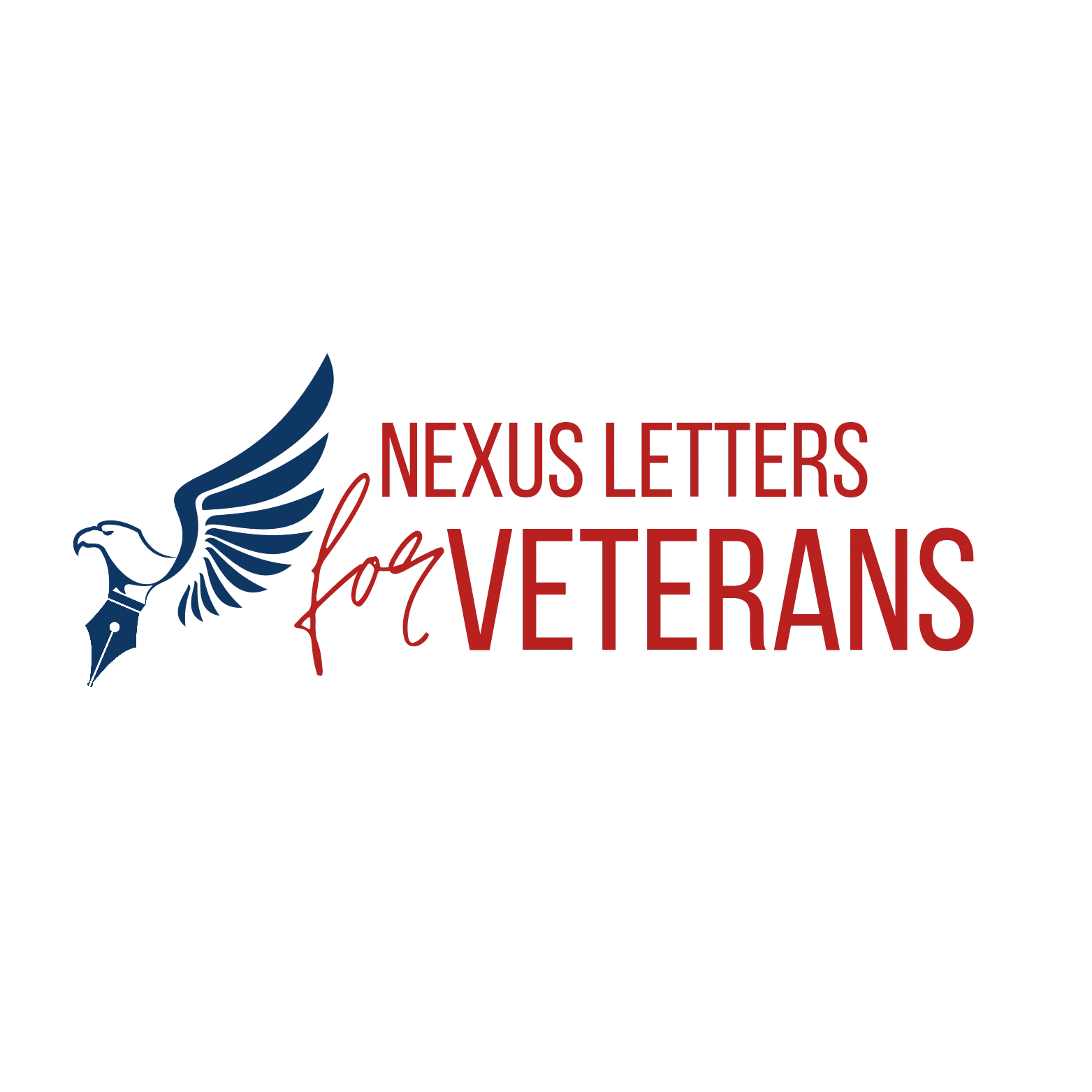Nexus letters are pivotal documents in the realm of veterans’ affairs. They serve as a crucial bridge connecting individual medical conditions to military service, providing the necessary evidence to support claims. The intrigue surrounding nexus letters lies in their profound capacity to alter the trajectory of a veteran’s journey through the benefits system. But what exactly is a nexus letter, and why should veterans pay attention to it?
At its core, a nexus letter is a formal statement from a medical professional that establishes a link between a veteran’s current health condition and their military service. This letter is not merely a recommendation; it is an embodiment of a veteran’s medical history and its correlation to service-related incidents or exposures. By offering a direct connection, it enhances the chances of a successful claim for disability benefits. This transition from one’s past military encounters to present health challenges may seem abstract, yet the nexus letter grounds this relationship with clinical authority.
Understanding the anatomy of a nexus letter is essential. Typically, it should include the following components: the veteran’s medical history, a detailed evaluation of the current medical condition, and the explicit connection to military service. Medical professionals, often those who specialize in veterans’ health, draft these letters. Their expertise not only imbues the document with legitimacy but also fosters a sense of trust in the assertions made.
One aspect that makes nexus letters particularly compelling is their potential to catalyze change in a veteran’s benefits claims process. For many veterans, the path to receiving deserved benefits can be fraught with complexity and bureaucratic red tape. In this labyrinthine system, a nexus letter can serve as a beacon of hope, illuminating the path toward rightful compensation. It is not just a piece of paper but rather a tool that encapsulates the struggles and sacrifices of those who have served.
The significance of authenticity in these letters cannot be overstated. A nexus letter must articulate a clear and cogent rationale linking military service to the condition in question. This is where the nuance of medical interpretation plays a vital role. Clinicians must navigate the intricate tapestry of medical literature, making use of peer-reviewed studies and existing research to buttress their claims. As a result, the nexus letter transcends personal narrative, anchoring it firmly in clinical evidence.
An intriguing aspect of nexus letters is how they often challenge prevailing perceptions of a veteran’s health. Many individuals outside the military community may not fully comprehend the long-lasting impact of combat or service-related injuries. By articulating these connections, nexus letters illuminate the often-hidden realities that veterans face, prompting a shift in perspective for all involved—medical professionals, adjudicators, and society at large.
The preparation of a nexus letter is not a simple process. Veterans must typically engage with their healthcare providers, fostering open dialogues about their military histories and current health concerns. This process requires veterans to recall and articulate experiences that may be painful or difficult to confront. Yet it is this very act of reflection that can be empowering. In many cases, veterans emerge from this process more knowledgeable about their health and more equipped to advocate for themselves.
Despite their importance, nexus letters are not universally accepted. Regulatory bodies often scrutinize these documents, creating an air of uncertainty. Some may question the objectivity of the physician or the validity of the conclusions drawn. This skepticism serves as a reminder of the necessity for thorough documentation and a strong rationale within the letter. Each assertion made must withstand the scrutiny of the claims process to hold weight within potential adjudications.
Ultimately, the discourse surrounding nexus letters extends beyond mere paperwork; it touches upon themes of recognition and dignity. Veterans are not just statistics; they are individuals with unique stories and sacrifices. Nexus letters acknowledge these nuances, providing a space for veterans to articulate their experiences and demand their due acknowledgment. They become vital pieces of a mosaic that illustrates the complex interplay of service, sacrifice, and health.
A nexus letter can be a life-changing document. It has the power to validate a veteran’s experiences while also demystifying the claims process. The act of obtaining a nexus letter can illuminate the pathway toward obtaining necessary health care and disability benefits. As veterans navigate this difficult terrain, they may find strength in the knowledge that their experiences matter, worthy of acknowledgment and support.
In conclusion, understanding what a nexus letter entails is essential for any veteran looking to secure the benefits they rightfully deserve. As the military landscape continues to evolve, so too must our appreciation for the intricate connections between service and health. The nexus letter, with all its complexities and implications, stands as a testament to the resilience of those who have served, marking a pivotal point in the journey toward recognition and recompense. This document not only opens doors to securing benefits but also fosters a broader conversation about the invisible wounds of war and the ongoing need for holistic healthcare solutions for veterans.
